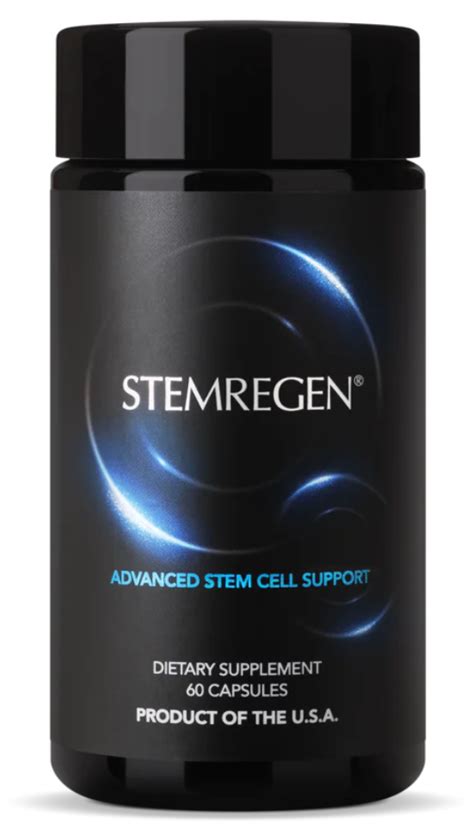How to optimize muscle recovery for daily peak performance & sustained gains?

In the pursuit of fitness, whether your goal is building muscle, increasing strength, or improving endurance, training is only half the battle. The real magic, where adaptation and growth occur, happens during recovery. Neglecting this crucial phase can lead to stagnation, injury, and burnout, effectively undermining all your hard work. Optimizing muscle recovery is not just about avoiding soreness; it’s about setting the stage for daily peak performance and ensuring a trajectory of sustained gains.
The Cornerstone: Prioritizing Quality Sleep
Sleep is arguably the most powerful recovery tool at your disposal. During deep sleep cycles, your body releases growth hormone, which is vital for tissue repair and muscle growth. It also allows your central nervous system to recharge, leading to improved cognitive function and reduced fatigue for subsequent workouts.
- Aim for 7-9 hours: Most athletes and active individuals require at least 7-9 hours of quality sleep per night.
- Consistency is key: Go to bed and wake up around the same time daily, even on weekends, to regulate your circadian rhythm.
- Optimize your sleep environment: Ensure your bedroom is dark, quiet, and cool. Avoid screens an hour before bed.

Fueling Your Body: Nutrition & Hydration
What you put into your body directly impacts its ability to recover and rebuild. Proper nutrition provides the raw materials, while adequate hydration facilitates all bodily processes.
Protein for Repair
Muscle protein synthesis (MPS) is the process by which your body repairs damaged muscle fibers and builds new ones. Consuming sufficient protein, especially within a few hours post-workout, provides the amino acids necessary for MPS.
- Target 1.6-2.2g of protein per kg of body weight: Spread your intake throughout the day.
- Diverse sources: Include lean meats, poultry, fish, eggs, dairy, legumes, and plant-based proteins.
Carbohydrates for Replenishment
After intense exercise, your glycogen stores (stored carbohydrates) are depleted. Replenishing these stores is critical for energy levels and future performance. Aim for complex carbohydrates like whole grains, fruits, and vegetables.
Hydration is Non-Negotiable
Water is essential for nutrient transport, temperature regulation, and joint lubrication. Dehydration can impair performance and slow recovery.
- Drink plenty of water: Aim for 3-4 liters per day, increasing intake around workouts.
- Electrolytes: Consider electrolyte-rich drinks if you sweat heavily or engage in prolonged exercise.

Active Recovery & Mobility
While rest days are important, complete inactivity isn’t always the best approach. Active recovery involves low-intensity exercise that increases blood flow without adding significant stress, aiding in nutrient delivery and waste product removal.
- Light cardio: Walking, cycling, or swimming at a gentle pace for 20-30 minutes.
- Stretching & foam rolling: Improves flexibility, range of motion, and can alleviate muscle tightness.
- Yoga or Pilates: Enhances core strength, flexibility, and body awareness.

Strategic Supplementation (When Appropriate)
While no supplement replaces a solid diet and sleep, some can offer an edge in recovery. Always consult with a healthcare professional before starting new supplements.
- Creatine: Helps replenish ATP stores, improving strength and power, and potentially aiding recovery.
- Whey Protein: A fast-digesting source of essential amino acids, ideal for post-workout.
- BCAAs (Branched-Chain Amino Acids): May reduce muscle soreness and promote protein synthesis.
- Magnesium: Essential for muscle function and can aid sleep quality.

Listen to Your Body & Manage Stress
The best recovery plan is one that adapts to your individual needs. Pay attention to persistent soreness, fatigue, or irritability – these are signs your body might need more rest. Chronic stress, whether physical or psychological, can elevate cortisol levels, hindering recovery and promoting muscle breakdown.
- Incorporate stress-reducing practices: Meditation, deep breathing, or spending time in nature can be highly beneficial.
- Periodize your training: Structure your workouts with planned deload weeks to allow for comprehensive recovery and prevent overtraining.

Conclusion
Optimizing muscle recovery is a holistic process that encompasses sleep, nutrition, hydration, active movement, and mindful self-care. It’s an investment that pays dividends in enhanced performance, accelerated gains, and a more resilient, injury-free physique. By consistently prioritizing these recovery strategies, you won’t just train harder; you’ll train smarter, unlocking your full potential for sustained excellence day after day.









